The new power passed amid border tensions with Thailand is really about consolidating control, critics say. But some in Cambodia defend it
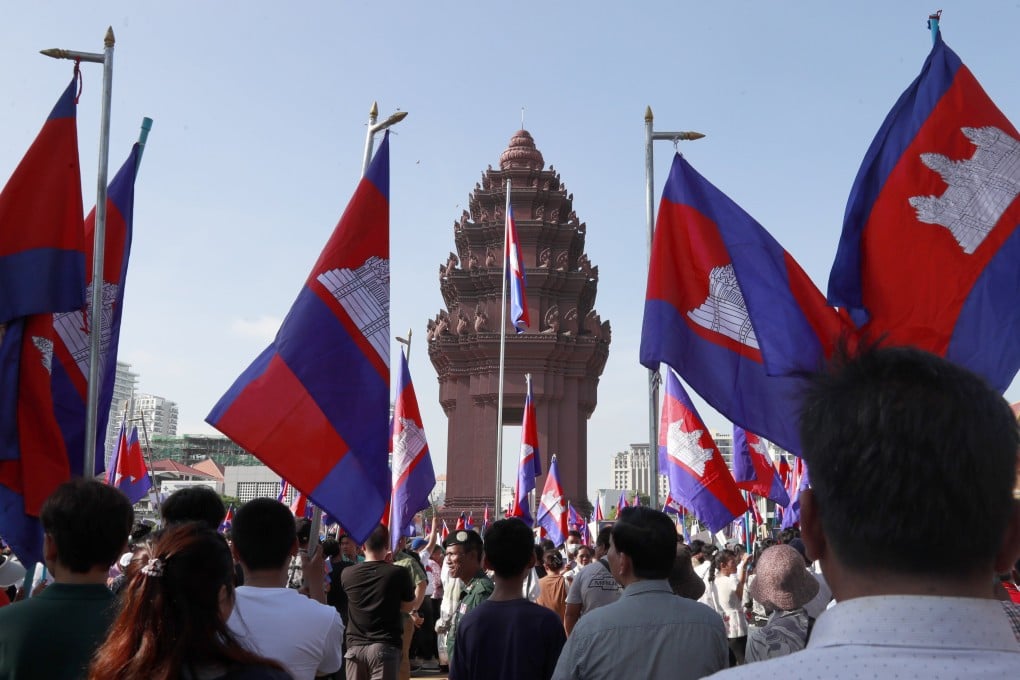
The National Assembly unanimously passed a constitutional amendment last Friday enabling Phnom Penh to strip citizenship from lifelong Cambodians, dual nationals and naturalised citizens found guilty of conspiring with foreign nations or otherwise endangering the country’s national interest.
Justice Minister Koeut Rith announced that the government would “urgently” draft the requisite legislation to enforce the measure against those convicted of treason or collaborating with foreign entities to the detriment of Cambodia and its people.
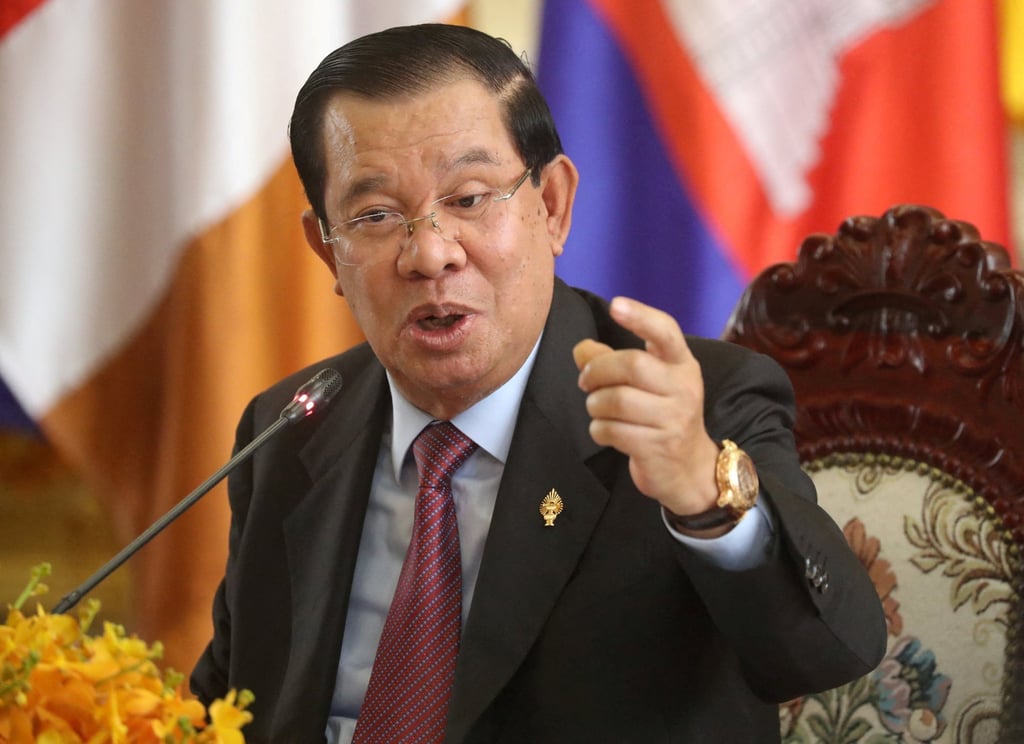
The legislative shift is being driven by both the ongoing border dispute with Thailand and a desire to fortify political control as regional geopolitics grow increasingly uncertain, according to analysts.
Border tensions had provided a “convenient context” for revisiting citizenship laws, Astrid Norén-Nilsson, a senior lecturer at Lund University’s Centre for East and Southeast Asian Studies, told This Week in Asia.
The amendment “legalises the idea that political dissidents at their core are not Khmer”, she said, further noting that there are no credible threats to the government’s hold on power.
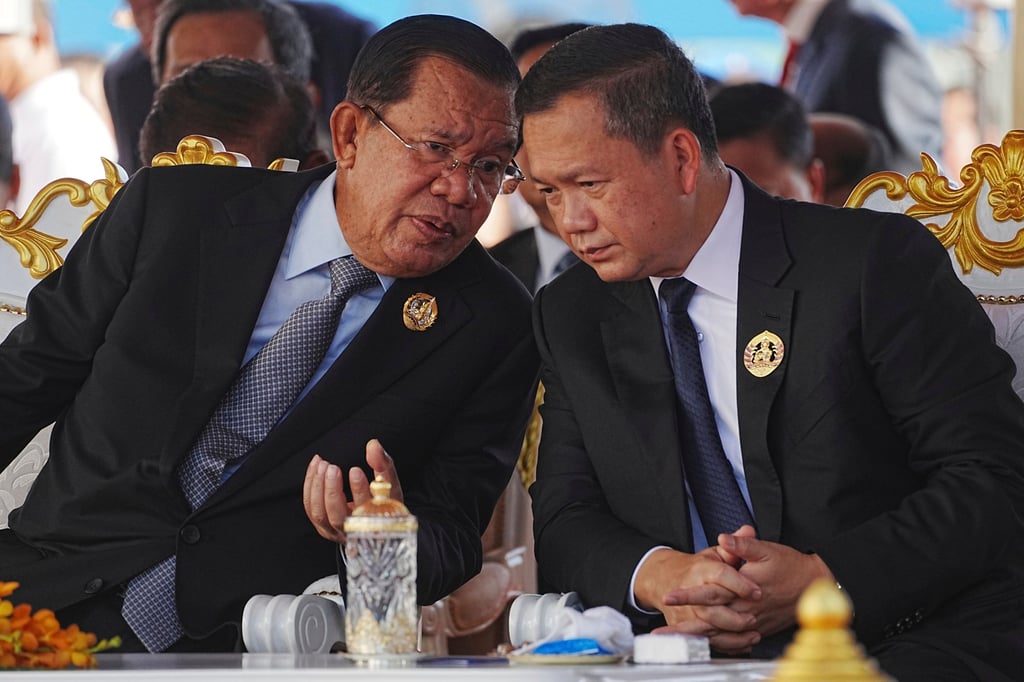
Hun Sen remains president of both the Cambodian People’s Party and the Senate, maintaining a tight grip on the levers of power.
“The amendment adds one more resource to the legal arsenal that could be used against government critics, and can be used to efficiently seal off Cambodia from opposition voices abroad,” Norén-Nilsson added.
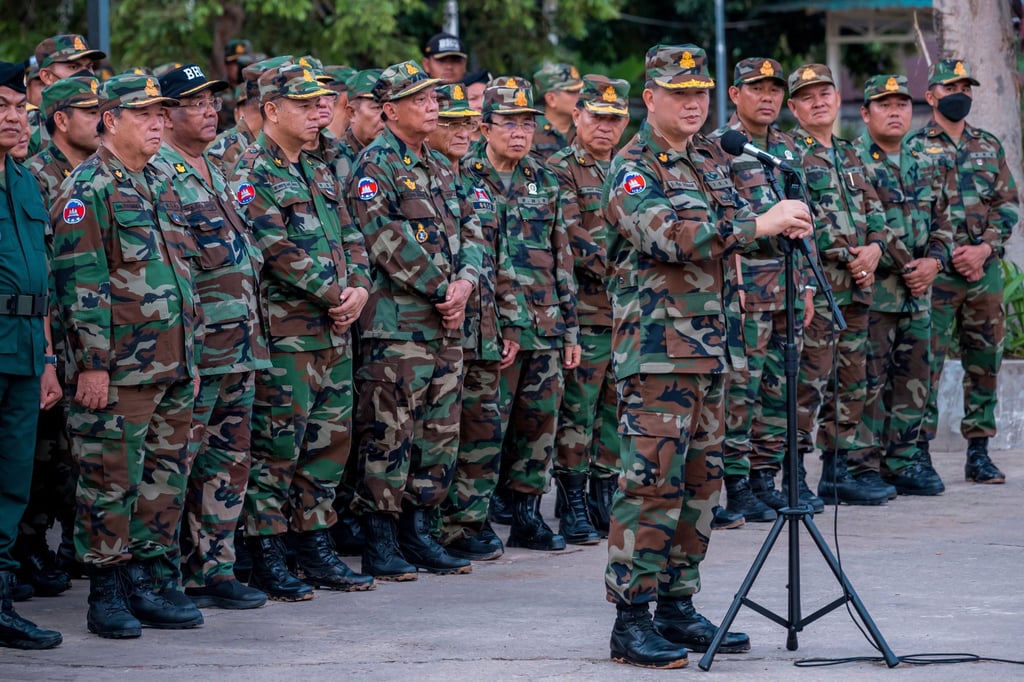 |
Cambodian-American political scientist Sophal Ear called the amendment “draconian”, arguing it was intended to consolidate political control, deter dissent and “escalate deterrence”.
“The timing might reflect the government’s attempt to reinforce its authority domestically and internationally amid regional geopolitical uncertainties,” said Ear, who is an associate professor at Arizona State University’s Thunderbird School of Global Management.
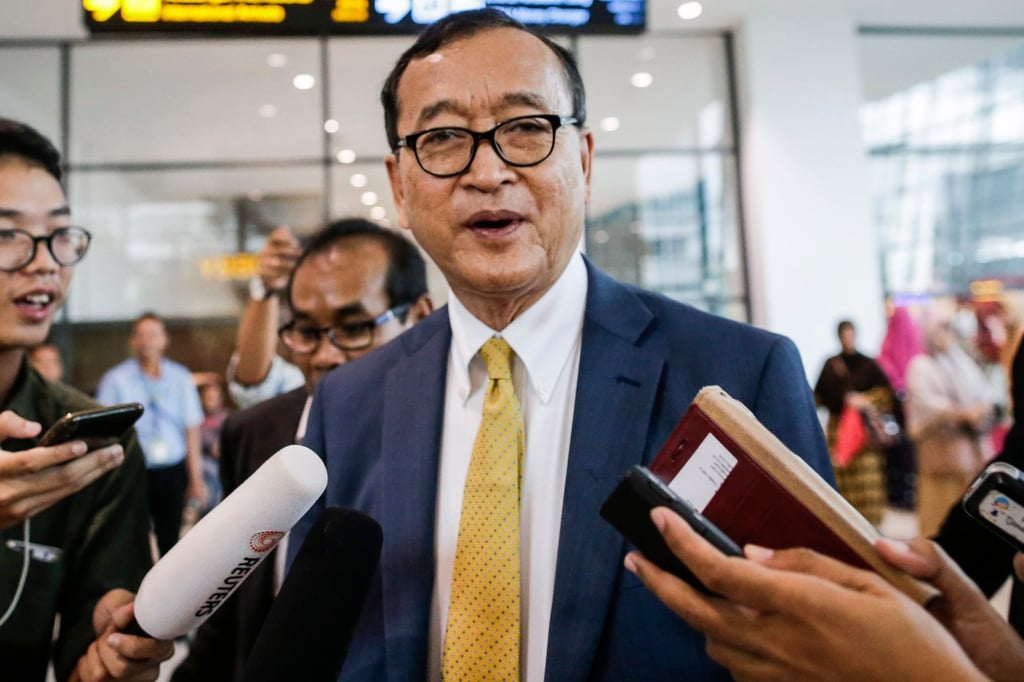
Cambodians who hold no other nationality now risk becoming stateless if targeted under the new amendment.
Cambodia’s constitution once enshrined citizenship as inalienable, Ear said. “It could not be stripped from an individual. I guess now it can be,” he said, adding that the threat of statelessness represents “a powerful psychological deterrent”.
For those stripped of their citizenship, options for recourse are few and far between. They could seek asylum abroad, Ear said, but minimal options exist to contest the move domestically given Cambodia’s “constrained political and judicial environment”.
He added that the move risked further undermining Cambodia’s international standing, diplomatic relationships and attractiveness to foreign investors. “It may also exacerbate existing human rights concerns, drawing additional scrutiny from international human rights organisations.”
Amnesty International has condemned the amendment, describing it as “repressive” and warning that it could render critics stateless. “Anyone who speaks out against or opposes the ruling party will be at risk of having their citizenship revoked,” said Montse Ferrer, Amnesty’s regional research director, in a statement. “Revoking a person’s citizenship must not become a political tool to silence and intimidate critical voices.”
Anyone who speaks out against or opposes the ruling party will be at risk of having their citizenship revoked
Some in the Southeast Asian nation have defended the change, however. Sam Seun, a policy analyst at the Royal Academy of Cambodia in Phnom Penh, argued it was necessary to protect peace and stability.
Cambodians should understand that attempting to “destroy their own country … is not a good strategy”, he said.
“There are many countries in the world that implement this law, such as Thailand and the United States,” Sam Seun added, claiming that Cambodia was not alone in passing such a measure.
The US government does not currently have the power to strip US-born citizens of their citizenship unless they voluntarily renounce it, though naturalised citizens can have their citizenship revoked in limited cases such as fraud.
Thailand’s constitution similarly prohibits the revocation of citizenship for those born with Thai nationality, but does allow for naturalised citizens – those who acquired citizenship after being born elsewhere – to be stripped of their citizenship under certain circumstances.
Additional reporting by Associated Press

1 comment:
Hun Sen's ulterior motive ( his real intention ) for creating the law to revoke Khmer citizenship is weakening and preventing the opposition party from winning the election. If any political party is strong enough to win the election, the leaders of that opposition party will get hit with that law. The proposed law will give Hun Sen another tool to destroy the opposition party. Hun Sen can accuse and imprison anybody at will.
This is just a part of Ngeup Muoy Vay Muoy of Hun Sen’s dirty tricks. This evil Hun Sen is crazy about keeping the power for the Hun family.
Hun Sen was born to facilitate the Vietnamization of Cambodia. He is the most faithful, most effective Yuon’s slave ever.
Hun Sen did whatever it took at the expense of Khmer people and Cambodia to stay in power to fulfill Vietnam’s ambition – the creation of Indochina federation.
Post a Comment